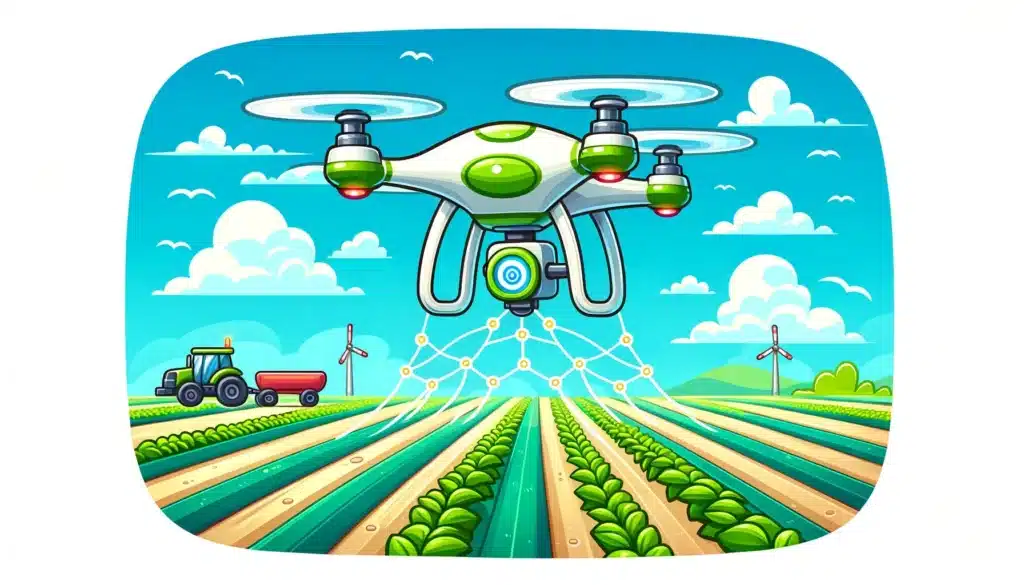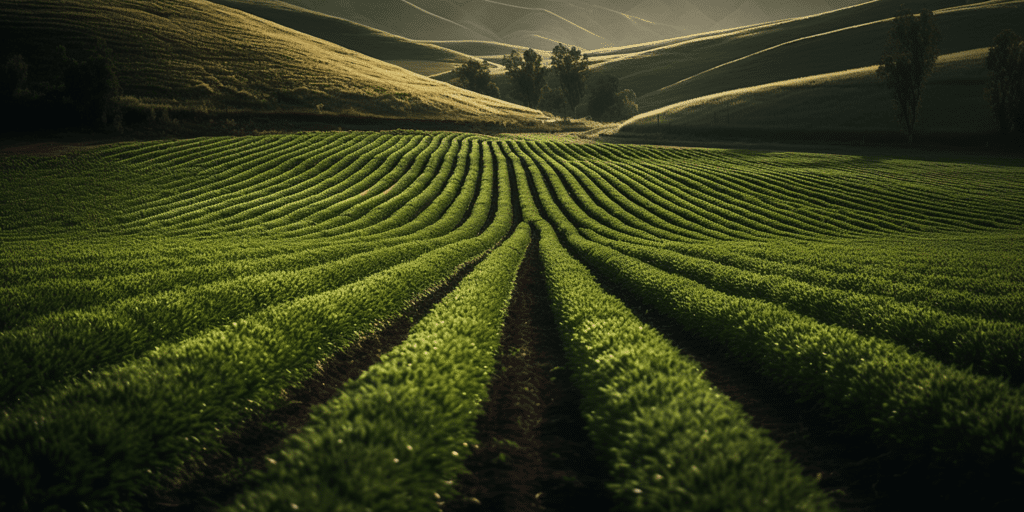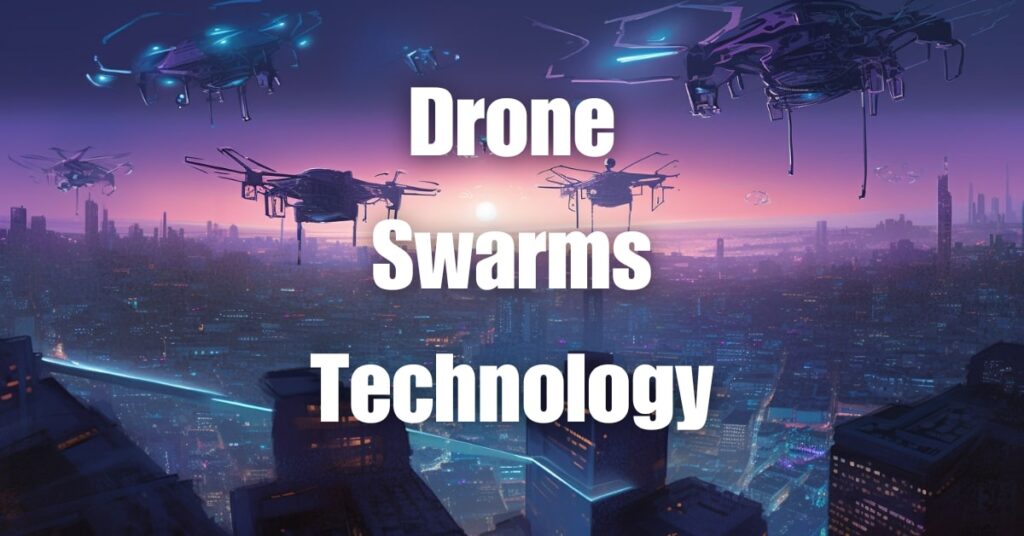Agriculture has always been a cornerstone of human civilization, and as the global population continues to grow, the importance of efficient and sustainable farming practices has never been more critical. One of the most promising innovations in modern agriculture is the use of agricultural drones to enhance irrigation efficiency. In this article, we’ll explore how agricultural drones are revolutionizing irrigation practices and helping farmers conserve water, reduce costs, and increase crop yields.
Key Takeaways
- Enhancing Irrigation Efficiency: Agricultural drones are revolutionizing irrigation practices in farming.
- Precision Water Application: Drones deliver water with pinpoint accuracy, reducing waste.
- Soil Moisture Monitoring: Sensors measure soil moisture levels for informed irrigation decisions.
- Water Stress Detection: Drones detect early signs of water stress in crops.
- Optimized Irrigation Schedules: Data-driven approach for efficient water usage.
- Remote Management: Enables control of irrigation systems remotely.
- Future of Agricultural Drones: Anticipate advancements in sensor technology and broader adoption.

Agricultural Drones: Enhancing Irrigation Efficiency
1. Precision Water Application
One of the primary benefits of using agricultural drones for irrigation is the ability to apply water with pinpoint accuracy. Drones equipped with specialized sensors and nozzles can deliver precise amounts of water to specific areas of a field, reducing waste and ensuring that each plant receives the optimal amount of moisture. This level of precision not only conserves water but also promotes healthier plant growth and increased crop yields.
2. Real-Time Monitoring of Soil Moisture
Monitoring soil moisture is a critical aspect of effective irrigation management. Agricultural drones can be equipped with advanced sensors capable of measuring soil moisture levels in real-time. By analyzing this data, farmers can make informed decisions about when and where to irrigate, reducing water waste and ensuring that crops receive the appropriate amount of moisture throughout the growing season.
3. Detection of Water Stress
In addition to measuring soil moisture, agricultural drones can also help farmers identify areas of water stress in their fields. By capturing high-resolution images of crops and analyzing them with advanced image processing software, drones can detect signs of water stress, such as wilting or discoloration, before they become visible to the naked eye. Early detection allows farmers to take corrective action, ensuring that plants receive the necessary water to maintain optimal growth and health.
4. Optimized Irrigation Scheduling
Traditional irrigation scheduling often relies on calendar-based or weather-based systems, which can be imprecise and wasteful. With agricultural drones, farmers can develop customized irrigation schedules based on real-time data about soil moisture, crop health, and environmental conditions. This data-driven approach allows for more efficient water usage, resulting in lower operating costs and more sustainable farming practices.
5. Remote Management and Control
Agricultural drones enable farmers to remotely manage and control their irrigation systems. Using drone-based platforms, farmers can monitor the performance of their irrigation equipment, identify issues such as leaks or inefficiencies, and make adjustments as needed—all without having to set foot in the field. This level of remote control not only saves time and labor but also allows for more responsive and adaptive irrigation management.
The Future of Agricultural Drones in Irrigation
As drone technology continues to advance, we can expect even greater improvements in the capabilities of agricultural drones for irrigation management. For example, the development of more advanced sensors and machine learning algorithms will enable drones to collect and analyze data with greater accuracy and speed. Additionally, as drones become more affordable and accessible, we can anticipate a broader adoption of this technology among farmers worldwide.
Conclusion
In conclusion, agricultural drones are playing a pivotal role in revolutionizing irrigation practices by providing farmers with greater control, efficiency, and sustainability. By embracing drone technology for irrigation management, farmers can conserve water, reduce costs, and ultimately enhance crop yields, securing the future success of their agricultural operations in an increasingly competitive global market.
To learn more about the fascinating world of drones and their applications in agriculture, we highly recommend visiting Soaring High: A Comprehensive Guide to Building and Growing Your Drone Business. This resource offers valuable insights into how drones can transform your farm and help you stay ahead of the competition.
If you’re interested in professional drone services or exploring the potential of agricultural drones for your farm, don’t hesitate to reach out to Blue Falcon Aerial. You can contact us through our contact page to discuss your specific needs and discover the best solutions to help your farm thrive in the modern agricultural landscape.




